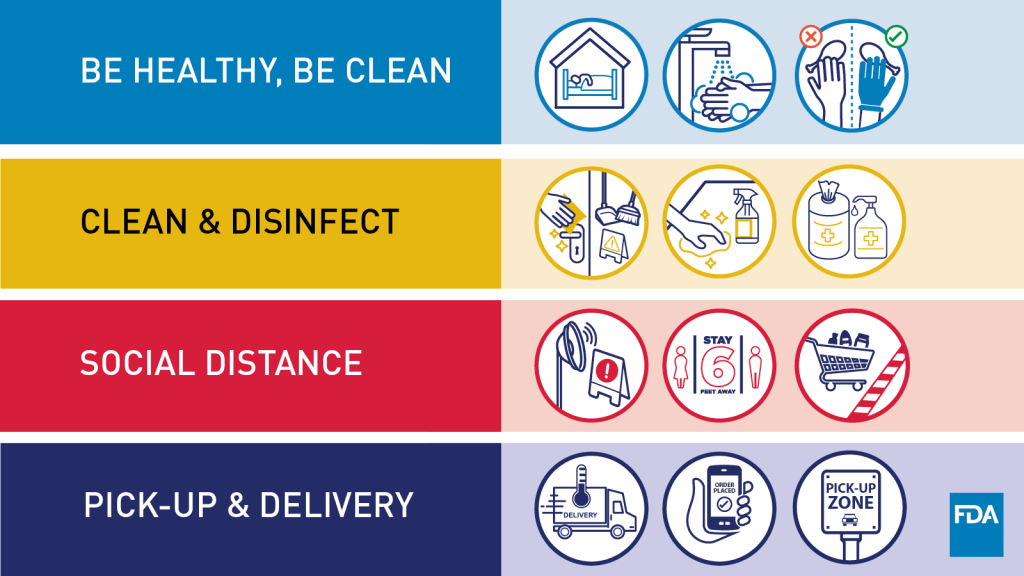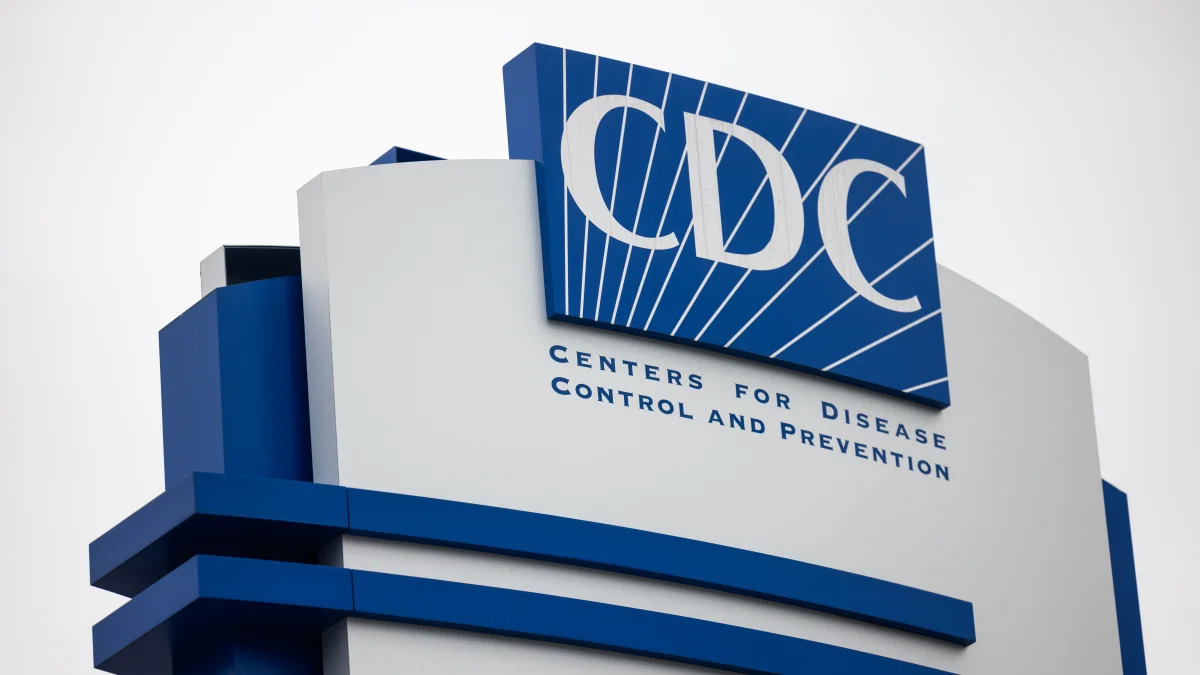CDC Guidelines for Covid Exposure – Covid Has once again become one of the hottest topics in the United States. Along with the sharp rise in flu cases, the United States is also reporting a huge number of Covid cases. It is not the first time that the United States is reporting a sharp rise in positive cases of the virus.
The last 2 winters were not good for the United States as we recorded the highest cases of the year during December and January months. Health experts in the country are once again expecting to repeat history.
Regardless of your vaccination status, you are responsible for your safety and security from the virus. That is why today we are here to help you understand all the CDC guidelines for Covid exposure.
Yes, the government of the United States is doing everything in its hands to ensure your safety, but you can double that effort by learning everything about infection and exposure.
Timeline of Covid 19
Before we discuss the CDC guidelines for Covid exposure, let’s take a quick look at the timeline of COVID-19.
Similar to other viruses, COVID-19 is also known to have an incubation period where you will be exposed to the virus, but you won’t develop any symptoms associated with the infection.
The incubation period of COVID-19 is known to be around 5 days. With the original variant of the virus command, its incubation period was around 14 days.
This means that if you get infected with currently dominating variants of COVID-19, you might develop symptoms associated with the condition within the first 5 days of your exposure.
Once you have developed the symptoms, similar to most people in the United States, you are going to get better within 5 to 10 days. Some people might require medical assistance or hospitalization to recover from these symptoms, and the whole timeline won’t apply to those people.

What should you do if you get exposed to COVID-19?
The Centers for Disease Control and Prevention have clear-cut CDC guidelines for COVID exposure. People who have been exposed to the virus are suggested to wear a high-quality mask as soon as they get to know about it.
Yes, there is going to be an incubation period of COVID-19 where you won’t develop symptoms associated with the virus, but it doesn’t mean that you won’t infect others. You are going to be infectious from the very first day of your exposure to someone with COVID-19.
At the same time, you should also make sure you are not meeting anyone more vulnerable to developing severe symptoms associated with the condition.
As per the latest studies, the incubation period of currently dominating variants of Covid is around 5 days. Most people who have been exposed to COVID-19 are going to develop symptoms associated with the condition within 5 days of their exposure.
Yes, there will be some people who won’t even develop any symptoms associated with the condition, but the number of those people is going to be on the lowest side possible.
If you are not able to isolate yourself due to financial conditions as soon as you get exposed to the virus, you should make sure you are following the Covid protocol, including the use of high-quality face masks, social distancing, and use of hand sanitizer.
All these things will help you prevent infection in your friends and family. At the same time, you can also let your employer know about your exposure to the virus and suggest everyone in your workplace follow a similar protocol.
What to do when you get tested positive for COVID-19?
Once you’ve been exposed to COVID-19, there is a high probability that you will start developing symptoms associated with the condition within the first 5 days of your exposure, And you will be tested positive for the same.
If that is your condition and you have started developing symptoms associated with the condition, then you should isolate yourself as early as possible.
Let your friends and family, along with your employer, know about your positive test results and ask them to follow the precaution and test themselves for the virus.
- Regardless of your symptoms, you should stay in isolation for at least 5 days once you have tested positive for COVID-19.
- Take extra precautions and do not share any of your belongings with your family member, including utensils, bathrooms, and other household items.
- Kindly do not go to places where you are not able to wear a mask for 10 years from the first day you start developing symptoms, or you receive test results.
- If possible, you can also improve ventilation at your home and get as much fresh air as possible.
- You might not require any medical assistance over medicine to recover from the symptoms, but you are suggested to consult the probability of severe symptoms with your healthcare provider anytime you want.
- Kindly do not travel anywhere by public transport until the 10th day you receive your test results.
All of the above-given points are guidelines, and the Centers for Disease Control and prevention request everyone to follow these guidelines voluntarily.
These guidelines can help you ensure your safety along with the safety of your friends and family. These guidelines will help you contain the spread of the virus to yourself and protect your family at the same time.
Apart from all that, the Centers for Disease control and prevention is still suggesting everyone get themselves vaccinated with updated vaccines. You must maintain at least a 14-day gap till you receive your test results, and then you start developing symptoms associated with the virus.
How to end your isolation after exposure to COVID-19?
Before we move ahead, let’s take a quick look at all the guidelines you should be following to end your isolation after your COVID exposure.
The end of your isolation is going to depend on the severity of the symptoms and your condition. As per the latest CDC guidelines for COVID exposure, Every asymptomatic person is eligible to end their isolation after the 5th day they receive their test results.
At the same time, people who can spend 24 hours fever free without using any fever-reducing medicine are also suggested to end their isolation after the 5th day. For these people, the 5th day will be from the day they start developing symptoms associated with the condition after they receive their test results.
As per the Centers for Disease Control and prevention of the United States, you should consider the day of the day you received your test results.
Lastly, you should keep testing yourself till the 10th day regularly to make sure you are not infectious. Even if you entered your isolation after the 5th day, the Centers for Disease Control and Prevention suggest everyone follow all the COVID protocols till the 10th day.
Severe Symptoms
People who are struggling with severe symptoms of COVID-19 are suggested to consult with their healthcare provider. There are no hard and fast rules for people who are struggling with severe infection or those who are hospitalized due to infection.
If you are in hospital for the treatment of severe COVID infection, then your health care expert will release you and end your isolation.
The Centers for Disease Control and Prevention suggest everyone who is in hospital for treatment not follow the 5 or 10-day rule.
The 5-day or 10-day rule is only going to apply if you are not struggling with any severe symptoms of the virus. It is only for people who can spend 24 hours fever free without using any fever medicine or those who did not even develop any symptoms associated with the condition.
People who are struggling with severe symptoms of the infection are suggested to focus on their recovery rather than discharge over ending isolation. Currently, dominating variants of COVID-19 are not imposing greater risk, but they are still deadly, and thousands of people are losing their lives regularly in the world.
When should you receive a vaccine after COVID exposure?
Those who have been exposed to the virus are suggested to wait for at least 14 days to receive the COVID vaccine or its booster short. Even your vaccination site will ask you about your card status and any symptoms associated with the condition. You can get yourself vaccinated by hiding your information, but the vaccine might not work on you as it should.
